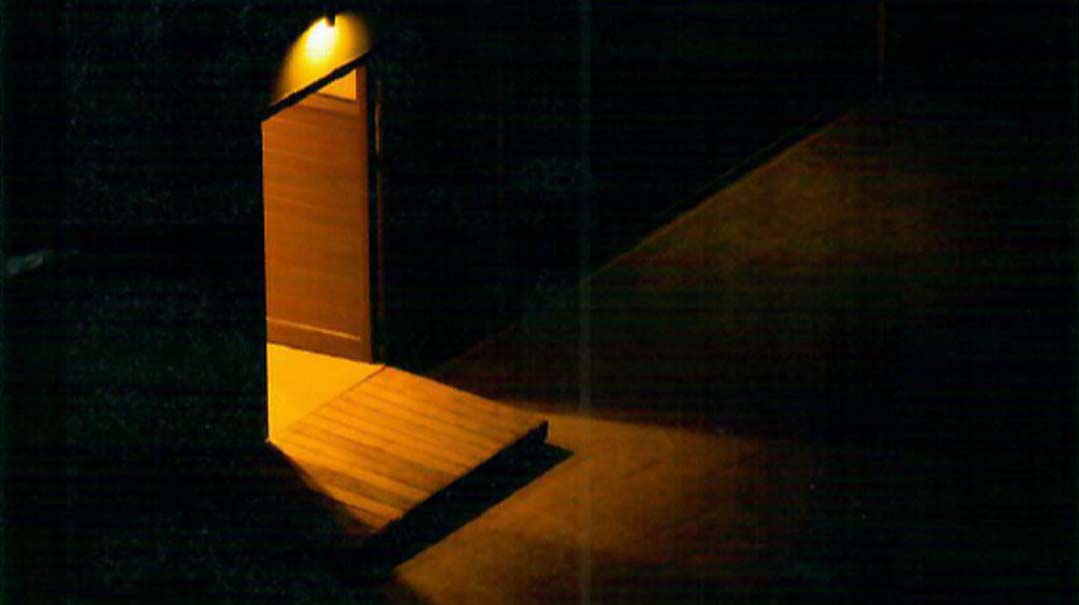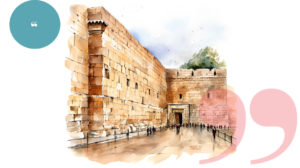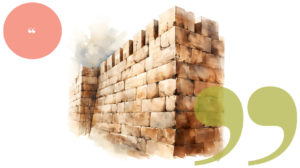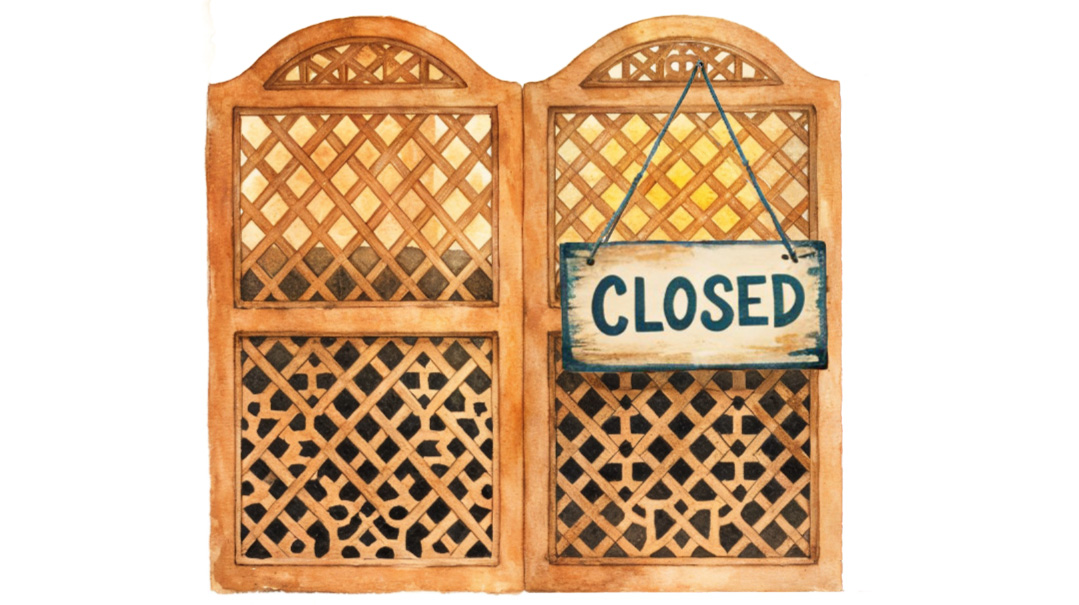Waiting for Eliyahu

I didn’t use a Haggadah with commentary at that Seder; I didn’t need to. Reading the text from my machzor, I saw the story with the freshness of my children’s eyes

My kitchen, transformed by contact paper and sink inserts, energized me. I’d experienced many Yamim Tovim before, and I’d spent many a season scrubbing, but never had I sat at my own Seder, our Seder: the long table set with all the wedding gifts we’d never used; my husband in a kittel arranging pillows by his seat; the girls bouncing on their chairs; my son, pompous in his suit and tie, fumbling around a brimming becher to turn the pages of his Haggadah.
I didn’t use a Haggadah with commentary at that Seder; I didn’t need to. Reading the text from my machzor, I saw the story with the freshness of my children’s eyes. We were slaves to Pharaoh in Mitzrayim and then Hashem took us out with a strong Hand and great miracles. We asked the questions that seemed so novel this year. “Do you know how many Makkos there were?” “Then what did Pharoh say?” “And what did Hashem do to the Yam Suf?”
The children called out the answers delightedly, and then ran off to search for the afikomen, gleefully pulling at my husband’s kittel and throwing the cushions off the couch.
I wanted them to stay up all night, to sing Baruch HaMakom, each Dayeinu, Chad Gadya. To dip pinkies into silver cups of grape juice and fill their plates with the drops — and then, when they thought no one was looking, lick their fingers.
They were still up when it was time for Hallel, and they stared as we poured the kos shel Eliyahu. “Does Eliyahu HaNavi really drink from the cup?” they asked.
“Well …” I was evasive, unsure how much was fact and how much myth.
“And how does he come up to our apartment if the door downstairs is closed?”
My husband the realist dispelled any fantasies. “Eliyahu HaNavi can come through doors because he’s a malach. The reason we’re opening it is to show that Hashem protects us tonight — and because Eliyahu HaNavi is the one who will come to tell us Mashiach is here.
They absorbed this, a bit disheartened.
“Well, maybe he will come,” my son responded, still hopeful, “because we filled a kos for him.…”
His earnestness made my eyes fill.
“Maybe …” I echoed.
We stood up. The kids ran to the entrance. My husband joined them, and I watched from my place at the end of the table.
They pulled open the door and my daughter suddenly darted back to the dining room, reaching for me. “Come, come! Come see if Eliyahu HaNavi is coming!” I hurried after her. Her anticipation was infectious. We peered down the hall together.
“He’s not here.…”
Expectancy settled into anticlimax. As we stood silently, I remembered being her age and not making it to the end of the Seder. Coming downstairs early the next morning, I found the big, ceramic kos shel Eliyahu empty on the kitchen table, purple stains at its base. I ran upstairs to wake my mother. “Eliyahu drank the whole thing!”
And now, holding my daughter’s hand at our own door, I was disappointed along with her, surprised that Eliyahu HaNavi hadn’t made an appearance. Subdued, she headed back to the table to drink her last kos and go to sleep, and I hoped she wouldn’t be let down enough times to stop waiting, stop expecting.
We finished Nirtzah alone, the children having succumbed to fatigue, the sticky bechers empty on the table. We had done it — we had made a Seder. I’d experienced Pesach with my children, through my children, and it had fulfilled nearly all my expectations. I envisioned our Seder next year, and the next, and the next.… Would they be the same? Would the fifth cup once again sit untouched on the table?
Another Pesach approaches, and I wonder if this year, when we open the door, Eliyahu, the bearer of good tidings will be there. Perhaps because we are deserving, perhaps because the time has come — or just because we’re still waiting, still hoping, because we poured him a cup and we’re peering down the hall.
(Originally featured in Family First, Issue 334)
Oops! We could not locate your form.












